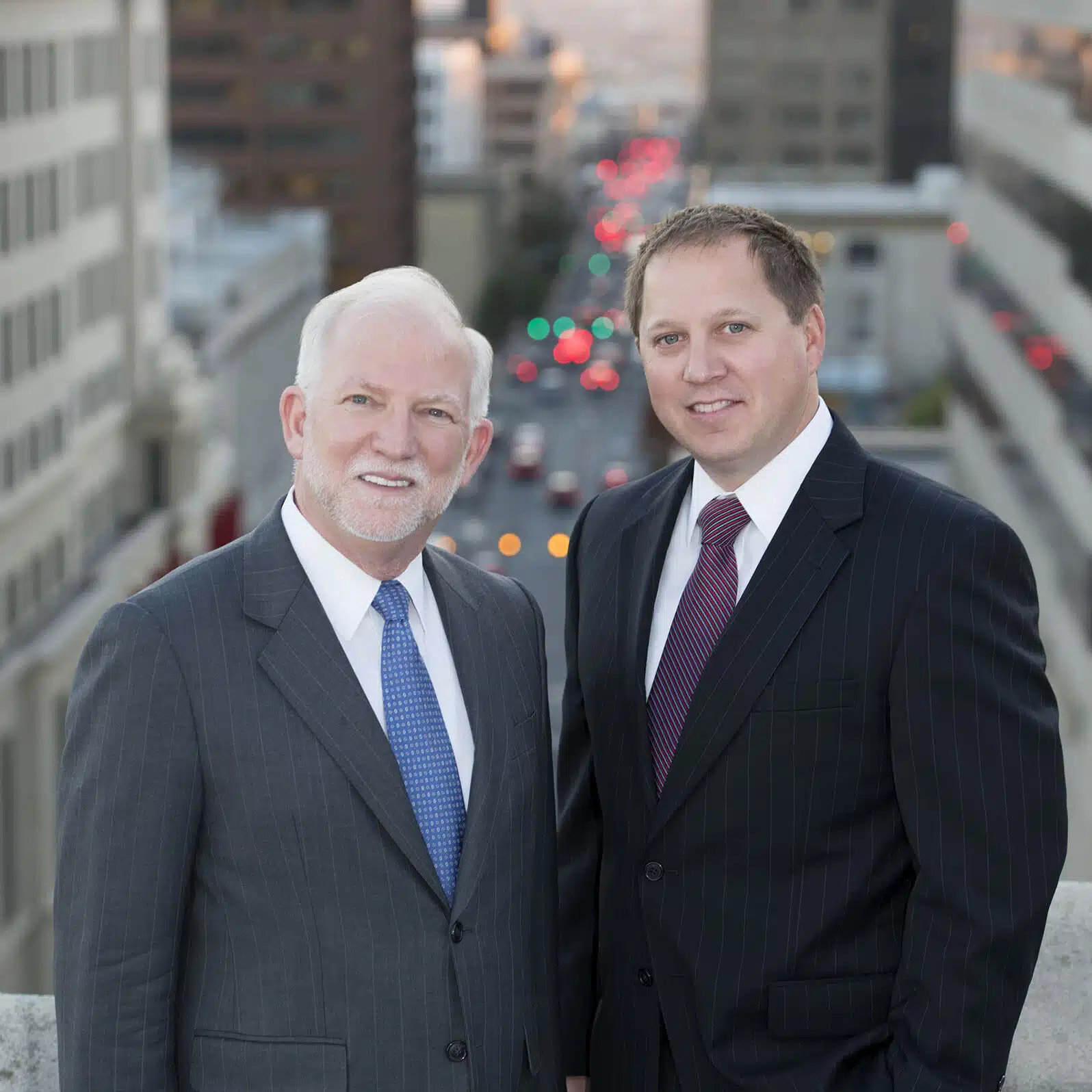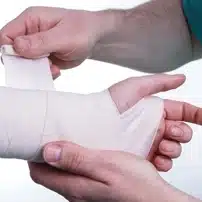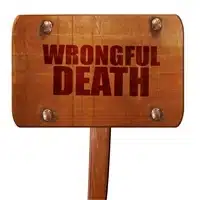Amusement parks are popular attractions that sometimes are open all year. More than 270 million people visit amusement parks every year in the United States.
There are nearly 6,000 amusement and theme parks located across the nation, including several in Delaware. Many amusement park workers are seasonal employees, and many of those workers are college students who enjoy working at amusement parks while earning money while away from school for the summer. The potential for error rises when amusement parks are at their busiest and hundreds or even thousands of people are lining up to enjoy their favorite rides and attractions.
Many Potential Dangers for Amusement Park Workers
Amusement park workers often face hazards that generally are not normal at most other types of employment. The most common dangers include falling from an elevated platform, or slipping and falling while manning a water ride.
Many amusement park rides require workers and passengers to navigate on elevated platforms, such as a rollercoaster. The higher up the workstation is, the more dangerous the fall becomes if you were to slip, trip, or otherwise fall from an elevated work platform.
Maybe you are working on a log run that is elevated and uses water. When the log splashes below, it generally sprays water over a large area, creating a potential slip-and-fall hazard that might cause you to suffer a work-related injury.
An amusement park worker might be struck by a heavy moving object, run over by a ride, or crushed between two large objects. Someone might accidentally drop an object or knock it off an elevated location and create a falling-object hazard.
Electrical hazards also abound at an amusement park. Any faulty equipment might create an electric-shock hazard or potentially electrocute a worker. Such dangers are just a few of the very many that might cause an amusement park worker to suffer a work-related injury.
Amusement Park Safety is Critically Important
The unique nature of the types of work done at an amusement park makes it essential to ensure that workers are thoroughly trained in the safe use of the equipment. Any mistakes could lead to catastrophic injuries or possibly death for workers and customers alike.
The employer should put every worker through general safety training that helps them to understand how to work safely and ensure safety throughout the amusement park. The employer also should ensure that workers are trained for specific rides and other attractions and how to work them safely.
The training should inform workers on the specific dangers that might arise and how to handle them. Whenever working directly with customers, it also is important for workers to know how to safely screen passengers for certain rides so that they can enjoy them safely.
For example, a would-be passenger might be too short, too tall, or weigh too much or too little to safely enjoy one of the rides. Physically unqualified passengers should not be allowed onto respective rides, which might lead to a serious injury or death.
Proper safety training and providing workers with the right tools to make the job safe for everyone can help to minimize dangers at amusement parks.
Amusement Park Workers Are Covered by Workers’ Compensation
There is nothing amusing about suffering a work-related injury. The circumstances might be unusual, like those that might happen at an amusement park, but the effect is equally devastating for the injured worker.
Fortunately, amusement park workers are covered by Workers insurance that the state requires your employer to carry. Workers’ Compensation will pay for your medical costs and time away from work when you miss more than three days.
Workers’ Compensation covers work-related injuries and illnesses. When you file a claim and accept the benefits, you give up the right to sue your employer for your injury and other damages. Your employer also cannot fire you and should allow you to return when your health and doctor allow it.
What to Do if You Are Injured While Working?
Whenever you suffer an injury while working, you should do your best to notify your employer as soon as possible.
If the injury is not life-threatening or very serious, you should try to notify your immediate supervisor. If the injury is very serious, you should obtain medical care right away and notify your employer as soon as possible afterward.
It is very important to document the cause of the injury accident to help support your Workers’ Compensation claim. The sooner that you can document the cause, the less likely your Workers’ Compensation claim would be denied.
Your employer and their Workers’ Compensation insurer should have a list of acceptable medical services providers who can provide you with medical services. You also can see your personal doctor, but you would have to use a doctor who is approved by your employer and the insurer.
What if the Workers’ Comp Claim is Denied?
Sometimes, an insurer will deny a Workers’ Compensation claim. If that happens to you, you should notify your supervisor right away in hopes of correcting it. You also retain an experienced Workers’ Compensation attorney to help you file an appeal to state authorities.
Your attorney can help you to file a strong and well-support claim for benefits. Officials with the Delaware Department of Labor’s Office of Workers’ Compensation could review your case and possibly get your benefits approved.
If your claim remains denied, your attorney could help you to file lawsuits against your employer, the Workers’ Compensation insurer, and other potentially liable parties.
Wilmington Workers’ Compensation Lawyers at Rhoades & Morrow Uphold Injured Workers’ Rights
If you suffered a workplace injury and your claim was denied, our knowledgeable Wilmington Workers’ Compensation lawyers at Rhoades & Morrow can help to uphold your rights. You can call us at 302-407-0827 or contact us online to schedule a free consultation at our law office in Wilmington, Delaware. With offices in all three counties of Delaware, we serve clients throughout the state.





